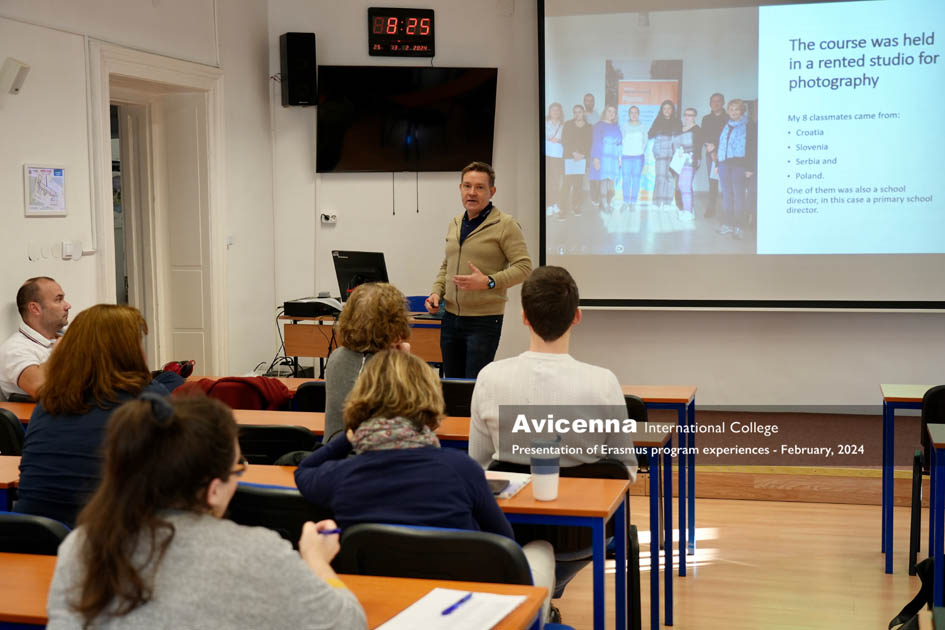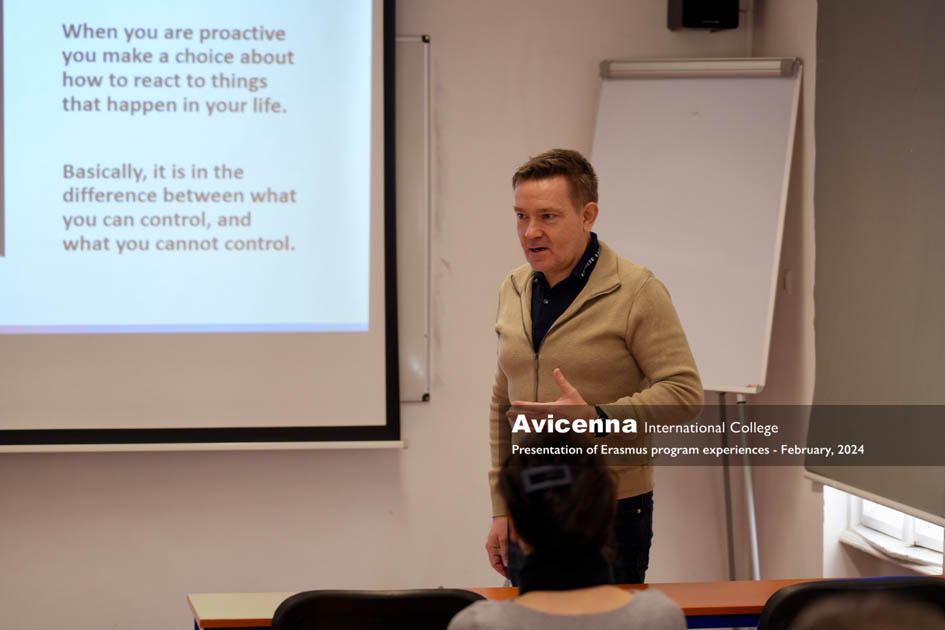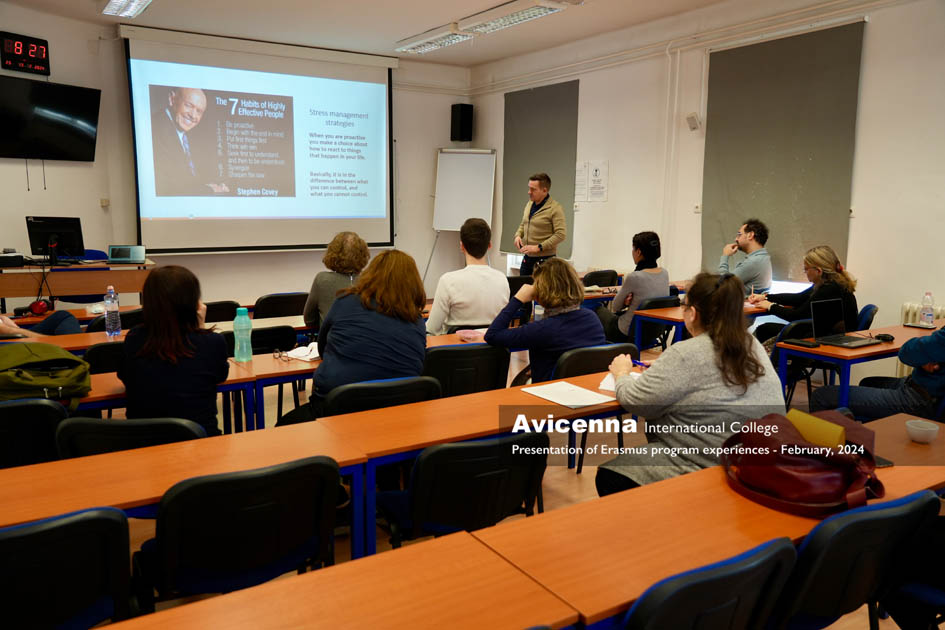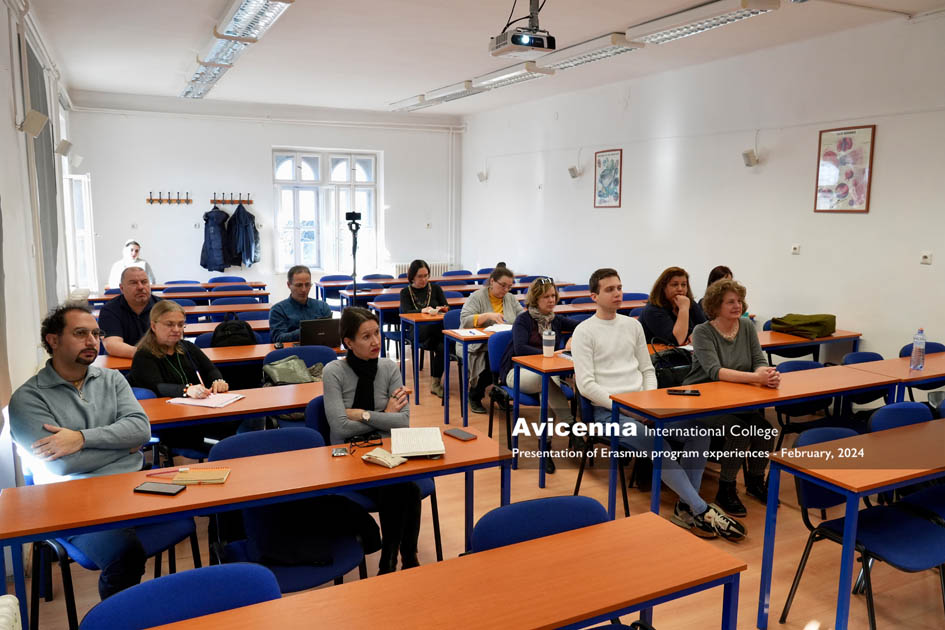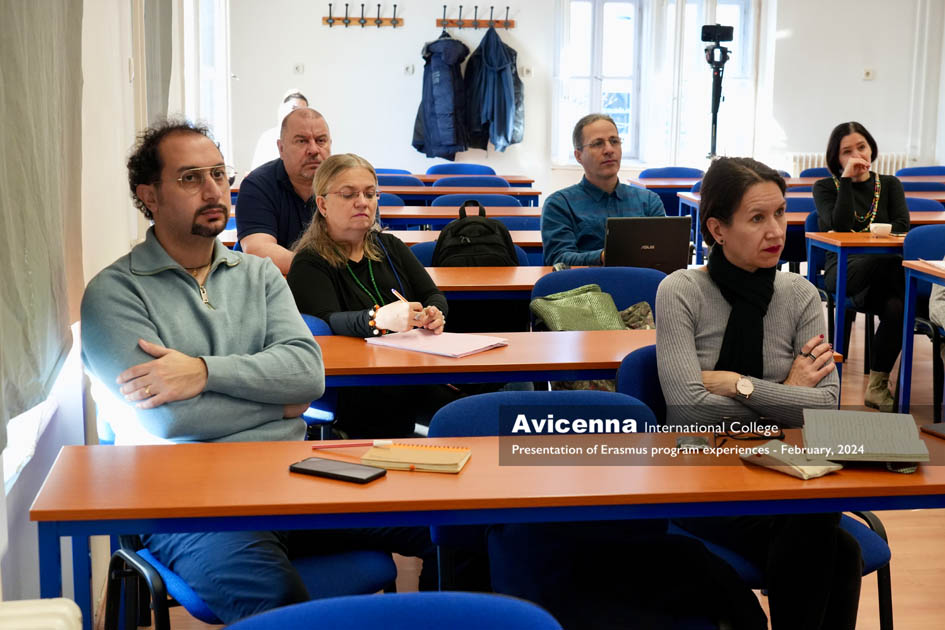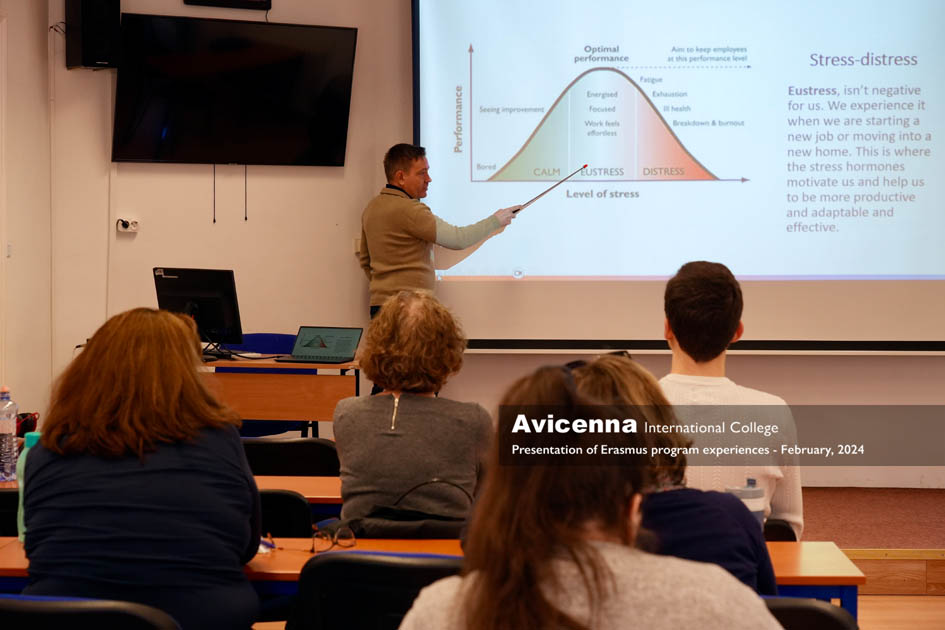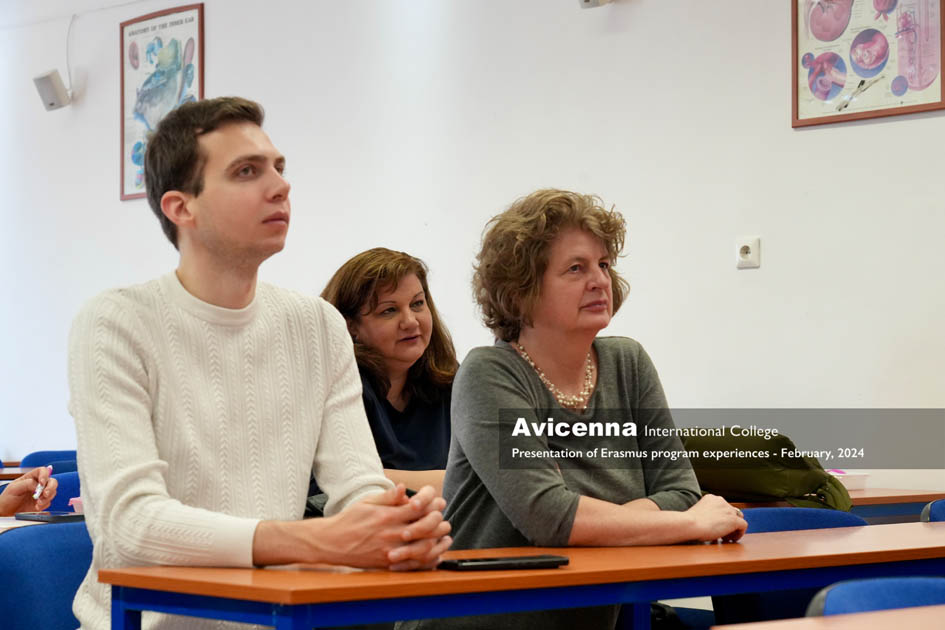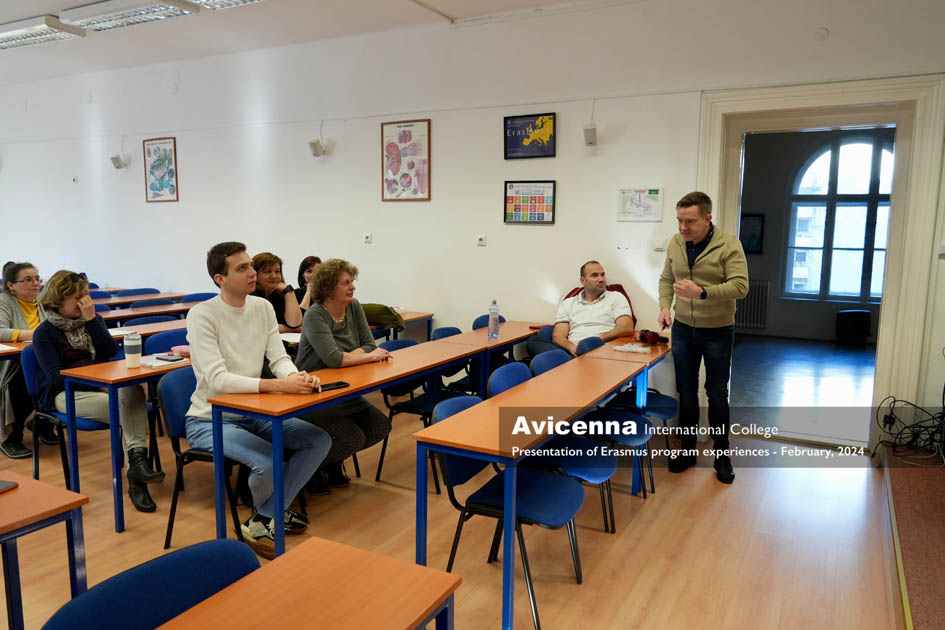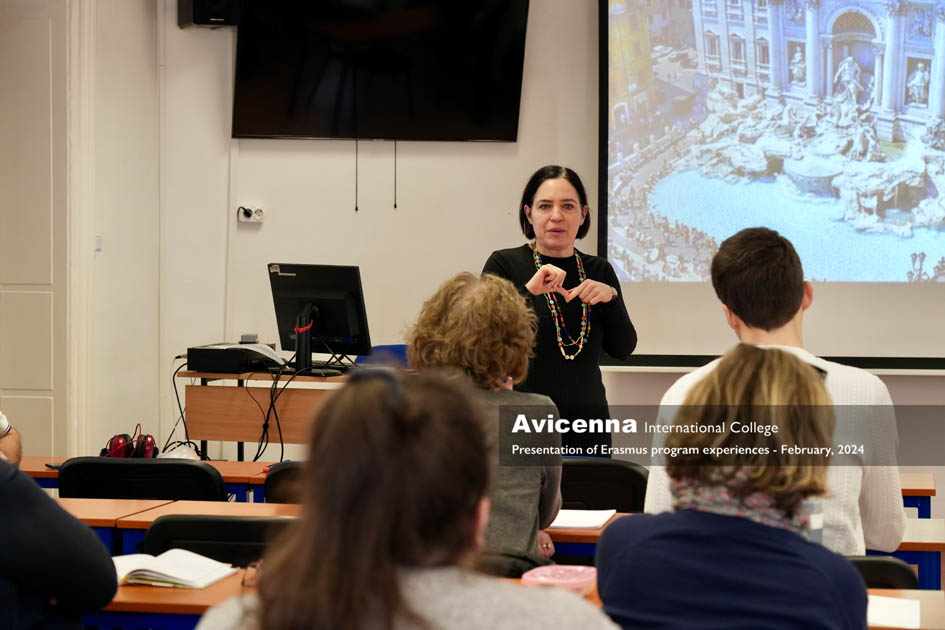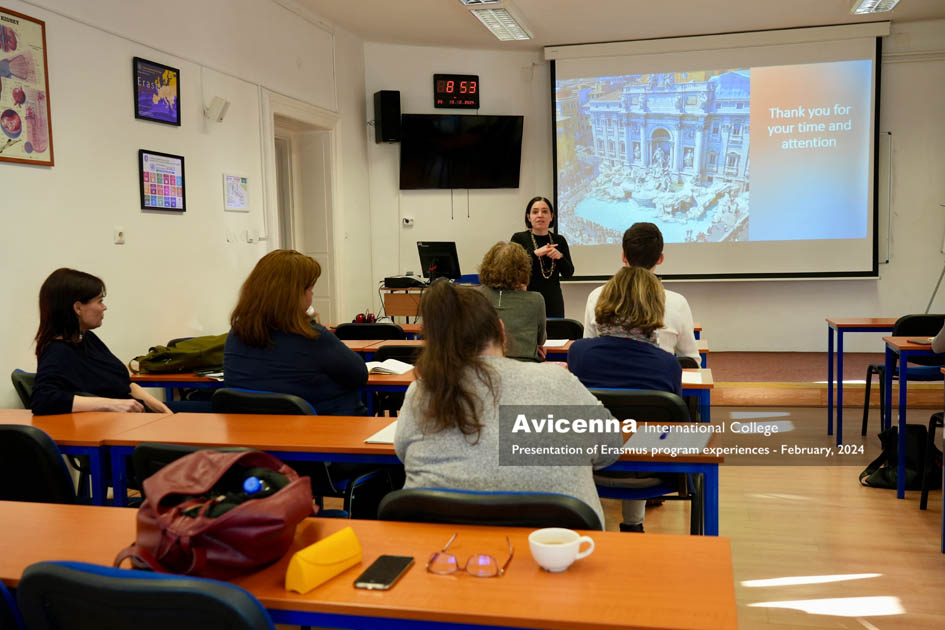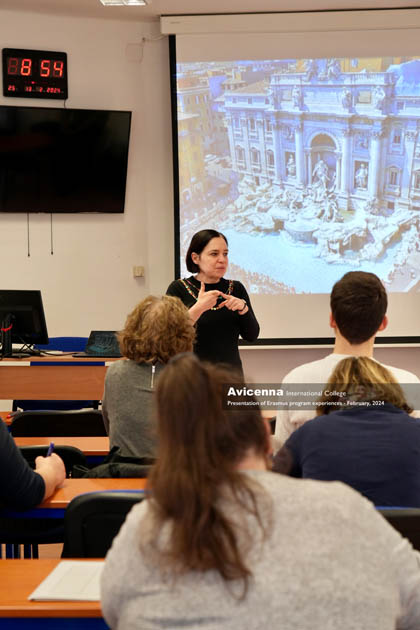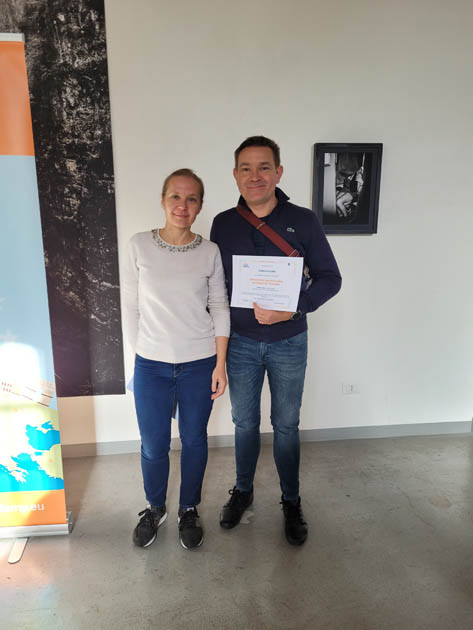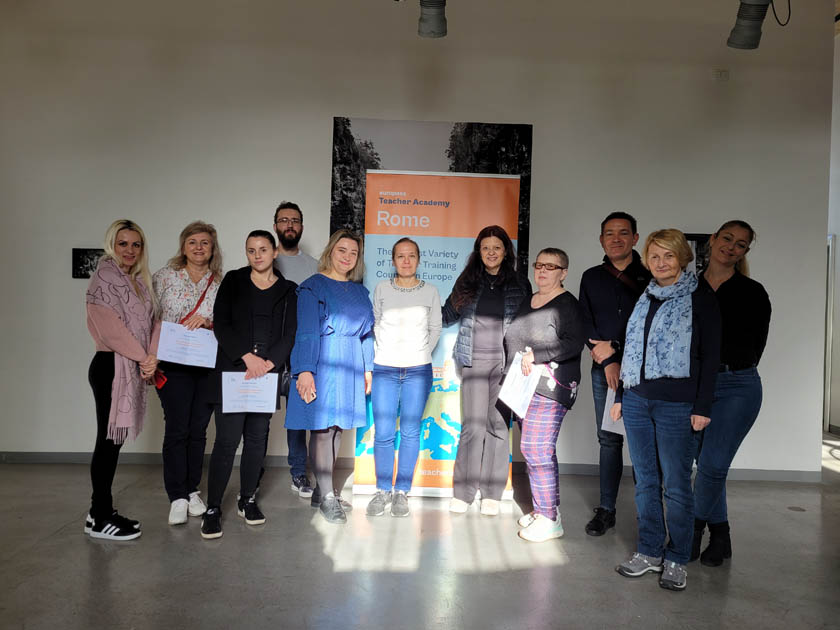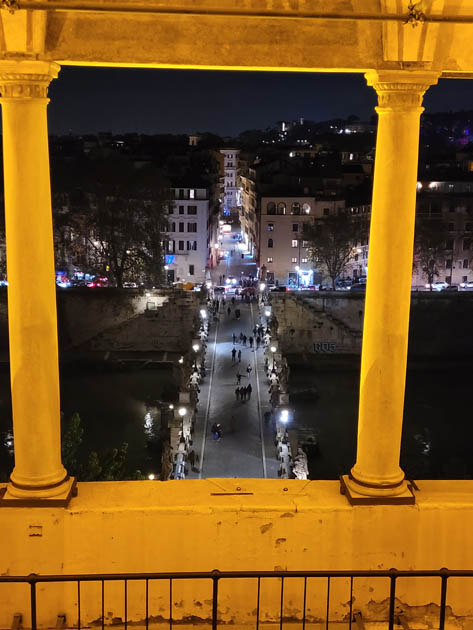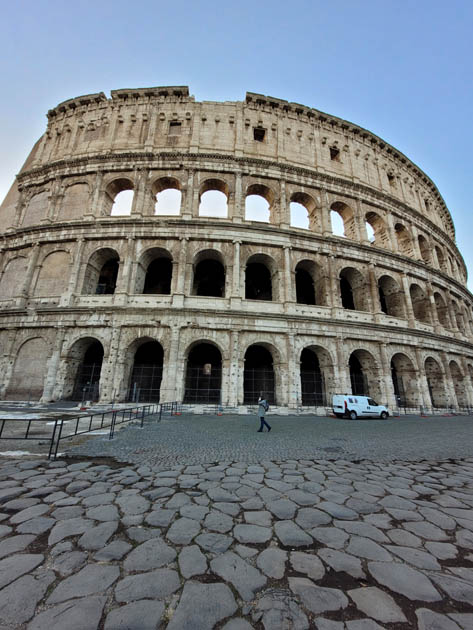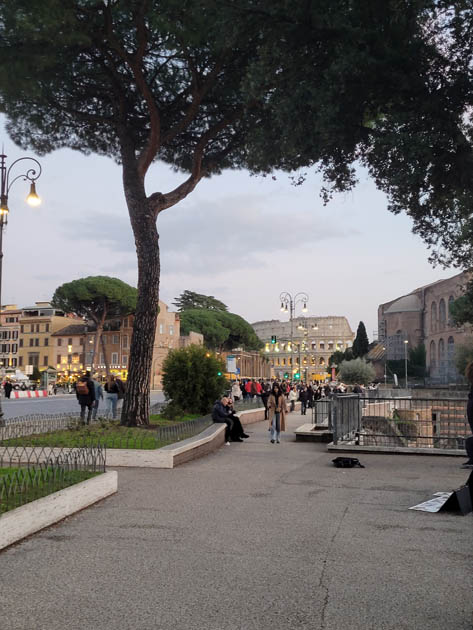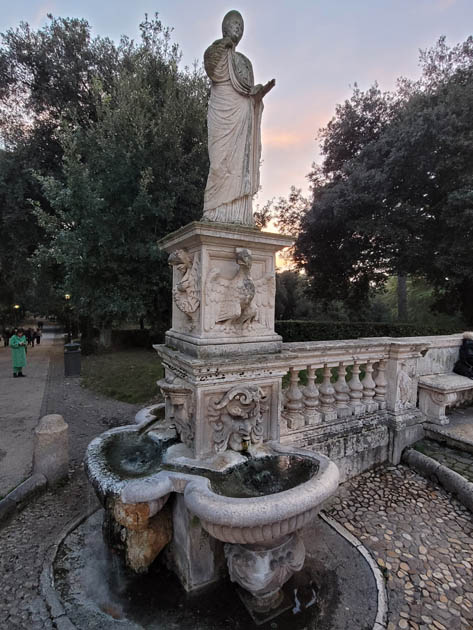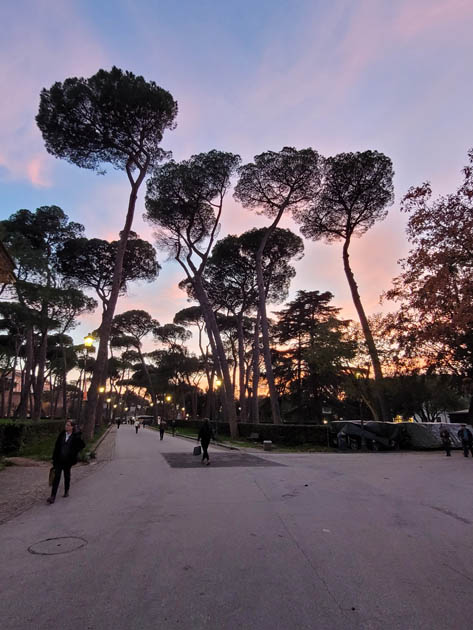My choice of course was a different one regarding structured educational visits but unfortunately that one was cancelled with my accommodation and flight ticket already booked so I had to look elsewhere and I found this. I knew the location and as it turned out the trainer Olga as well, from a previous course which was an unexpected surprise.
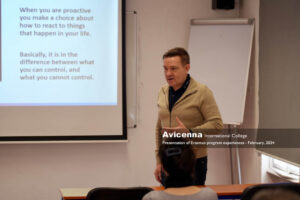
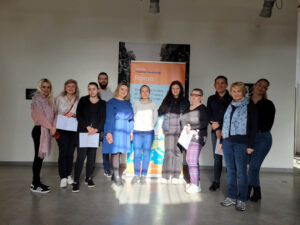
My 8 classmates came from Croatia, Slovenia, Serbia and Poland, one of them was also a school director, in this case a primary school director. When you join these Erasmus courses you can expect one significant advantage almost independently from the topic of the course itself and that is the company of your EU colleagues which in itself is a fertile ground for the exchange of information and experiences to compare your school system, difficulties and challenges with theirs only to discover that systems can be very different but the underlying challenges are the same and the responses are very similar.
Being a course about stress release, Olga showed us basic yoga and breathing exercises, Sama Vritti Pranayama which is a yoga breathing exercise that is also known as the equal breath or box breathing. Some of us mastered it already, for me it was new but the yoga and stretching exercises were known and too basic ( understandably though for a classroom).
The theory was sourced from the internet, which we did not always find fitting ( experts of certain fields would always be welcome) but it was interesting and useful, with a lot of recommended literature which I have already started looking up. Among them the 7 habits of highly effective people from Stephen Covey where the central themes are to be pro-active and having to understand things first then to be understood. The Hungarian Hans Selye was also mentioned since his groundbreaking work also defined distress and eustress which is important to understand when dealing with stress management.
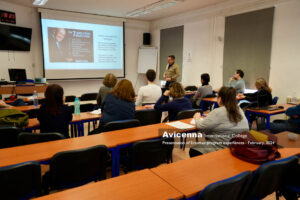
The first really collaborative task was to work out an elaborate answer group by group to the question: How can you sell the knowledge you acquire at a school, based on the following aspects:
- process, fact, feeling, creativity, benefits and cautions.
Then, by using the Miro app integrated into the Milanote platform we had to work out as Group A, B or C what Creativity is on the online WB using colour codes. This was an innovative method to fill in an interactive questionnaire, something we can also use at the end of our class to re-galvanise our students before they go for a break. Plot generator was another interesting tool as groups of students can collaboratively work together to build a story or even a History lesson by using words the teacher provides them with.
My favourite adage was that perceived stress makes us sick, which is truly thought provoking and it makes a lot of sense especially when we look into the hormonal and nervous system interactions as well. During one of our casual conversations, it struck me that having a constant company is a milestone for longevity as for example in Sardinia people in many times simple-primitive communities live very long since they are always in each other’s company (they never feel lonely and abandoned therefore stressed and outcast), even though they do not always eat healthy and are chain-smokers.
During the course the basic take-aways or learning outcomes were as follows:
- Mastering some basic concepts of physiology and psychology (e.g., stress, wellness, burnout);
- Understanding the causes of stress reaction and the effects of stress on the body and the mind;
- Discovering the eight dimensions of wellness;
- How to evaluate and manage your own wellness;
- How to relieve stress and anxiety on a day-to-day basis with practical tips and tools;
- How to improve one’s sleep and nutrition through simple tips and small lifestyle changes;
- The already mentioned simple practical exercises for relaxation and well-being from mindfulness, yoga, and positive psychology;
- How to apply basic strategies for burnout prevention.
To sum it up it was a worthwhile experience for the company of other colleagues, for the recommended literature on burnout prevention and stress relief which is very useful for me as a school manager having to manage conflicts and take a huge admin and leadership burden every day, sometimes fighting throughout the day. Rome as a city is a never ending architectural and historical treasure-house for those who have the right sense and appreciation for it, especially when temperatures were sometimes up in the 20 degrees whereas in Hungary it dropped below zero. The only pity was the shortness of the winter days, as it got casually dark after 4.30 pm in Rome as well.
This mobility was funded by the European Commission.
The information presented here does not necessarily reflect the views of the European Commission.
Rome, 27 Nov – 2 Dec 2023
Article by Steve Szabó


